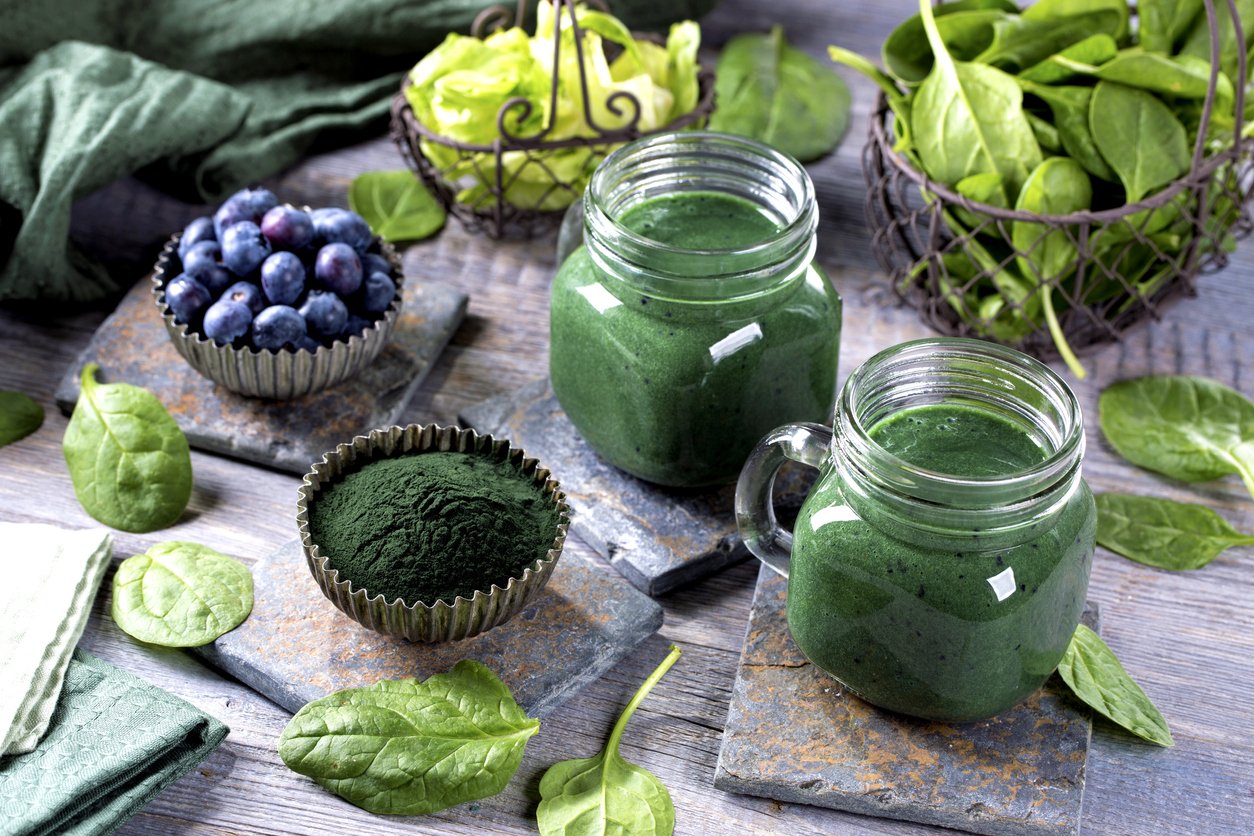
- Health advice
- Dec 01, 2011
Known for many years as an easily digestible superfood, Spirulina offers added health benefits for our modern world situation.
Studies of children affected by the Chernobyl disaster of 1984 have shown great benefits from taking Spirulina for radiation sickness. Spirulina has now been shown to provide a shield for the body against radiation. It protects your thyroid gland, strengthens your immune system and kidneys, and helps your body break down and eliminate radiation.
After the damage to the Fukushima Nuclear Power Plant in Japan in 2011, seawater used to cool the plant, was released back into the sea. Ocean currents across the Pacific may take or have taken some radiation as far as the west coast of North America where there are significant fisheries.
Taking Spirulina could be a good strategy to counter the possible risk of radiation from any source.
What is Spirulina?
Spirulina is a highly nutritious, microscopic freshwater blue-green algae found originally on alkaline lakes in Central Africa and Mexico. Lake Chad in Central Africa was the source for the Kanembu people and records show that the Aztecs used it too.10 reasons to take Spirulina daily
- It’s over 60% vegetable protein, which is 95% digestible, compared to 18-20% digestibility for meat protein
- It contains 18 amino acids including all the essential amino acids your body cannot produce
- It provides the highest wholefood source of Vitamin B12, important for vegetarians and especially vegans
- It’s the highest known source of beta-carotene, a powerful antioxidant that our bodies convert into Vitamin A.
- It’s the richest wholefood source of Vitamin E. It has 3 times more than wheatgerm
- It contains 3 times more GLA (gamma-linolenic acid) than Evening Primrose Oil
- It contains 58 times more organic iron than spinach
- It’s the only food that contains 96 trace elements in a natural balance together with vital nutrients including chlorophyll and powerful antioxidants.
- It’s easily digested and absorbed by your body as its cell walls are weaker and can be more easily broken down than other plants, and sea vegetables such as Dulse, Kelp, Nori, Kombu, Wakame and Chlorella.
- Finally it’s a must if you are travelling to Japan!
Related Articles
Recently Viewed
- ${ variant.price | currencyFromCents } | ${ variant.title } ${ variant.price | currency } | ${ variant.title }
Sale


RRP
${ (hoverVariant ? hoverVariant.compare_at_price : product.compare_at_price) | currencyFromCents }
${ (hoverVariant ? hoverVariant.compare_at_price : product.compare_at_price) | currency }
${ hoverVariant.compare_at_price }
${ heroVariant.compare_at_price }
${ product.compare_at_price_min | currency }
Save
%
${ (hoverVariant ? hoverVariant.price : product.price) | currencyFromCents }
${ (hoverVariant ? hoverVariant.price : product.price) | currency }
${ hoverVariant.price }
${ heroVariant.price }
${ product.price_min | currency }
Auto delivery















